Stroke Treatment Center
A stroke (cerebral infarction) is a type of damage to the brain as a result of a violation of its blood supply. Stroke ranks third in the death rate in developed countries after heart disease and cancer. Every third stroke is fatal. Among the survivors, about half are permanently disabled. Stroke is the main cause of physical, intellectual, emotional, social, and work disability.
It is necessary to call an ambulance as soon as possible if you notice sudden signs of stroke in a person:
- facial asymmetry, drooping of the corner of the mouth;
- weakness in half of the body (you can see that in the position of holding outstretched arms, one arm falls);
- speech and consciousness disorders.
Even if the symptoms described above have passed in a few minutes or hours, it is necessary to consult a doctor for examination, because the symptoms may have been manifestations of a transient ischemic attack and the likelihood of developing a "full-fledged" stroke in the near future is very high.
Transient ischemic attack (TIA)Like an ischemic stroke, it is characterized by a sudden loss of function of a part of the body as a result of the cessation of blood supply to a certain part of the brain. Unlike a stroke, symptoms of impaired function fully recover within no more than 24 hours. This happens because the blockage of the artery is eliminated very quickly, and the part of the brain fed by the artery does not have time to die. Special attention should be paid to TIA, as they are a "wake-up call" for the patient and indicate the highest risk of stroke in the coming hours and days. With prompt and adequate examination and treatment, stroke can be prevented, and therefore the risk of death or disability can be reduced.
Why does a stroke occur?
Ischemic stroke is the result of a blockage of an artery feeding the brain. For the normal functioning of the brain, a regular supply of oxygen and glucose is necessary, which enter the brain through the bloodstream. If, due to a blockage of the artery, the delivery of oxygen and glucose to one or another part of the brain stops, it ceases to function normally. If blood flow is not restored within a few hours, brain tissue may die, leading to a permanent loss of its function.
Hemorrhagic stroke occurs as a result of rupture of an artery and hemorrhage into brain tissue or along its surface. There is an intracerebral hemorrhage and a subarachnoid hemorrhage between the brain and its membrane. An accumulation of blood (hematoma) forms at the site of the rupture, which compresses the surrounding brain tissue and prevents its blood supply to other vessels. Therefore, the brain tissue adjacent to the hematoma may die.
Stroke treatment in EMC
Time is brain! The earlier treatment is started, the greater the chances of a favorable stroke outcome. The maximum chance of recovery is if treatment aimed at restoring impaired blood flow is started within the first 4.5 hours after the onset of symptoms. This period is called the "therapeutic window." Due to the round-the-clock organization of the services of the EMC multidisciplinary hospital on Shchepkina St., including the endovascular service, which provides the possibility of mechanical removal of a blood clot from a clogged vessel, the "therapeutic window" can be extended to 6-8 hours, in some cases up to 24 hours.
An accurate diagnosis of stroke is established based on the analysis of symptoms and the clinical experience of neurologists and is confirmed by fast, high-precision imaging techniques, in particular CT or "fast" 10-minute MRI, available 24 hours a day. Immediately after the diagnosis is confirmed, we carry out treatment that "dissolves" the thrombus — intravenous thrombolysis. In parallel, CT angiography or MR angiography is performed in patients, and if necessary, a diffusion/perfusion mismatch is determined on MRI to assess the potential reversibility of the ischemic zone. If indicated, the patient undergoes mechanical thrombus removal (thromboextraction) or other endovascular and neurosurgical treatment.
In all cases of acute stroke, we are considering the possibility of performing mechanical thromboextraction (removal of a blood clot), which is the gold standard for the treatment of acute stroke in the world, but has not yet become a generally accepted standard in Russia. Despite the high-tech equipment of Russian stroke centers, mechanical thrombectomy in acute stroke is extremely rare. The stroke clinic of the EMC Multidisciplinary Hospital on Shchepkina St. is one of the few medical clinics, if not the only one in Moscow, ready to provide high—tech medical and surgical treatment of stroke 24 hours a day.
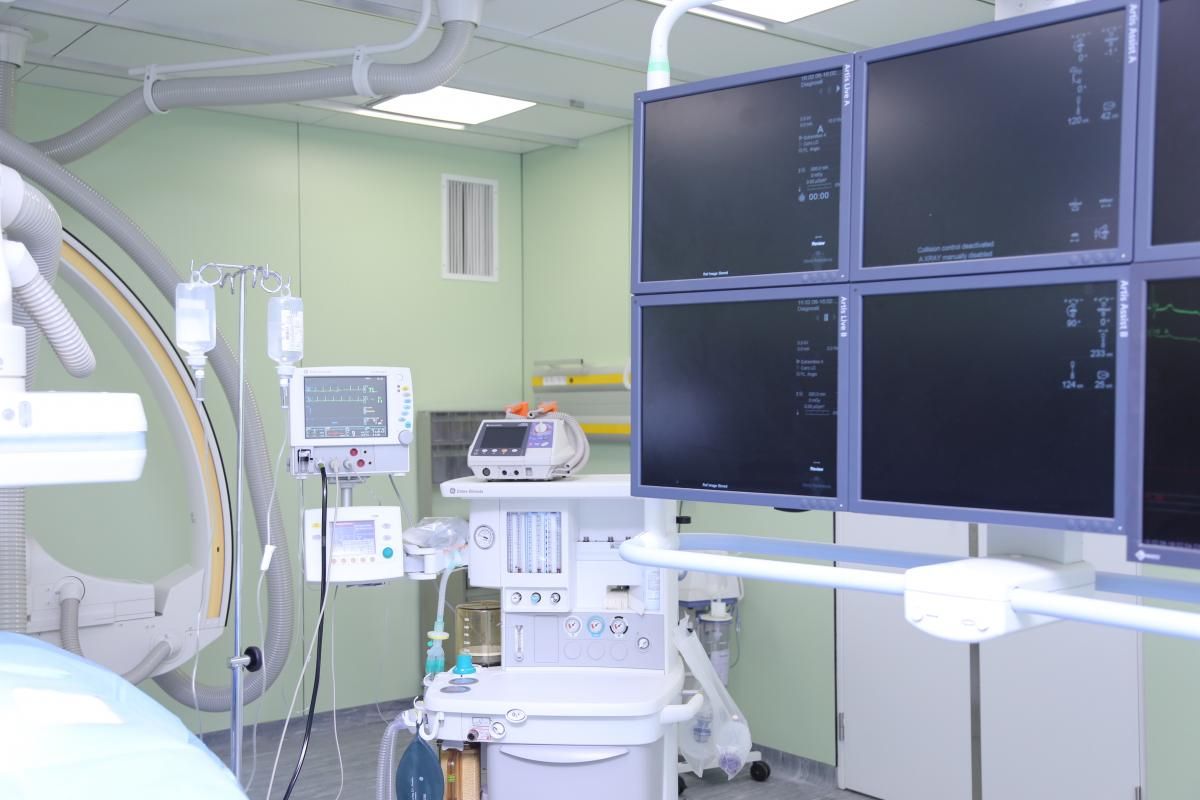 Patients are treated on specialized neurocells of the intensive care unit and intensive care unit, and then in inpatient wards of the EMC multidisciplinary hospital on Shchepkina St. The patient is guided by a team of neurologists together with neuro-resuscitators, endovascular surgeons and neurosurgeons, internists, cardiologists and other specialists. During the hospital stay, the type and cause of the stroke are determined, and appropriate treatment is carried out to minimize the effects of the stroke and protect against repeated stroke or hemorrhage.
Patients are treated on specialized neurocells of the intensive care unit and intensive care unit, and then in inpatient wards of the EMC multidisciplinary hospital on Shchepkina St. The patient is guided by a team of neurologists together with neuro-resuscitators, endovascular surgeons and neurosurgeons, internists, cardiologists and other specialists. During the hospital stay, the type and cause of the stroke are determined, and appropriate treatment is carried out to minimize the effects of the stroke and protect against repeated stroke or hemorrhage.
After the acute period of stroke is over, we continue outpatient patient management with a multidisciplinary team of specialists. The team of specialists includes doctors in vascular neurology, cardiologists, hematologists and endovascular neurosurgeons, rehabilitologists, speech therapists (speech recovery after stroke), neuropsychologists, neurologists and other specialists. Each case is discussed collectively, and a decision is made for each individual patient. If necessary, patients undergo surgical treatment (for example, endarterectomy with significant narrowing of the carotid artery), endovascular surgery (for example, to install a stent and open the narrowed artery), or special drug therapy according to the specific situation. After all, the most important thing after a stroke is to minimize the consequences of a stroke and the risks of recurrent stroke through proper prevention.
Rehabilitation after stroke
The severity of a stroke patient's condition in the absence of an adequately structured treatment program that combines the continuous collaboration of a neurologist and a rehabilitologist often leads to a complication of the patient's condition and increases the risk of disability.
Initial rehabilitation begins from the first days of a stroke — position treatment, passive exercises and breathing exercises. Active recovery activities begin individually and depend on the severity of the condition. After stabilization and relief of the acute condition, it is extremely important to begin restorative treatment of the patient as soon as possible, eliminating the consequences of acute conditions (for example, paralysis, paresis), which significantly improves the patient's quality of life and increases his social adaptation.
Recovery of patients after stroke is carried out in the EMC Rehabilitation Center using the most modern equipment and the latest neurorehabilitation technologies.
Get help
Specify your contacts and we will contact you to clarify the details.
Doctors
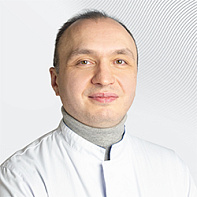
Murat Shomakhov
-
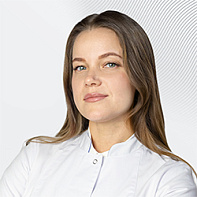
Yuliya Aleshchenko
-
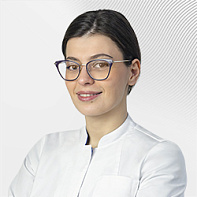
Izabella Maskurova
-
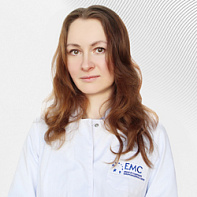
Evgeniya Aleksandrova
Ph.D. of Medical Sciences
-
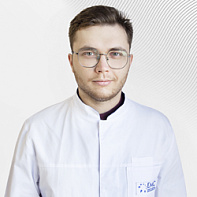
Mikhail Zaytsev
-
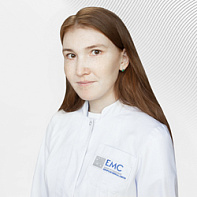
Ananeva Liliia
-
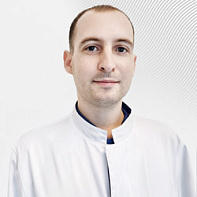
Dragan Ivan
-
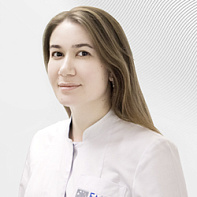
Mityukova Marina
-
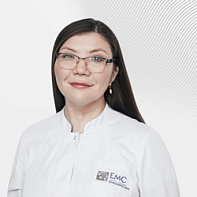
Kameldenova Dinara
-
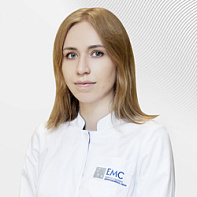
Ermilova Elizaveta
-
.jpg)
Volkov Sergey
-
.jpg)
Shchelukhin Alexandr
-
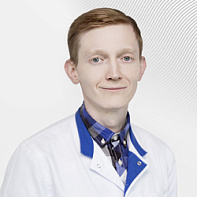
Eliseev Yuriy
-
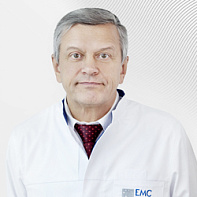
Kamchatnov Pavel
Doctor of Medicine, Professor
-
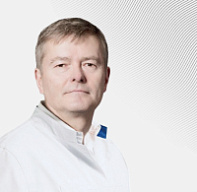
Fitze Ingo
Head of the Interdisciplinary Sleep Medicine Center at the Charite University Hospital (Berlin, Germany), founder of the private sleep Medicine Institute Somnico GmbH in Berlin., Professor, Doctor of Medicine
-
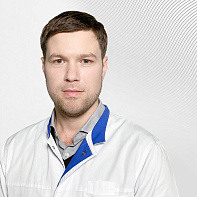
Ilyin Nikolai
-
.jpg)
Medvedeva Anastasiya
Ph.D. of Medical Sciences
-
.jpg)
Pechatnikova Natalia
Hereditary metabolic diseases
-
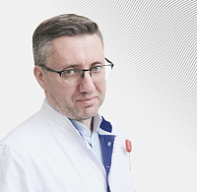
Nogovitsyn Vasiliy
Leading pediatric neurologist and epileptologist, Ph.D. of Medical Sciences
-
.jpg)
Maslak Andrey
Clinical neurophysiology and neuromuscular diseases
-
Murat Shomakhov
- Specializes in the treatment of chronic pain
- Performs diagnostics of headaches, back and limb pain, selects medical treatment
- Chen of the Association for Interventional Pain Management
Total experience
18 years
Experience in EMC
since 2025
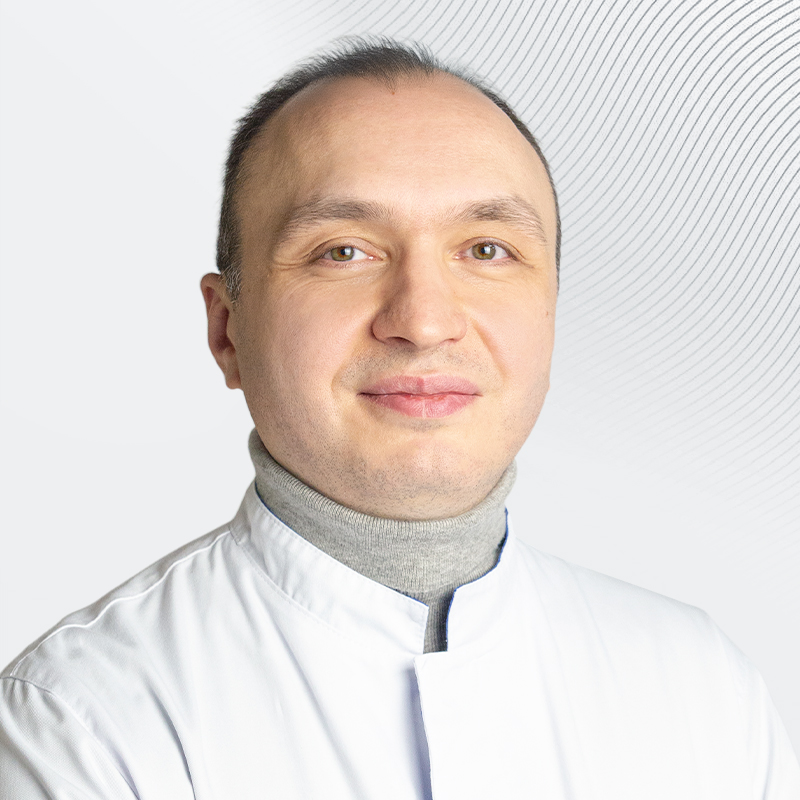


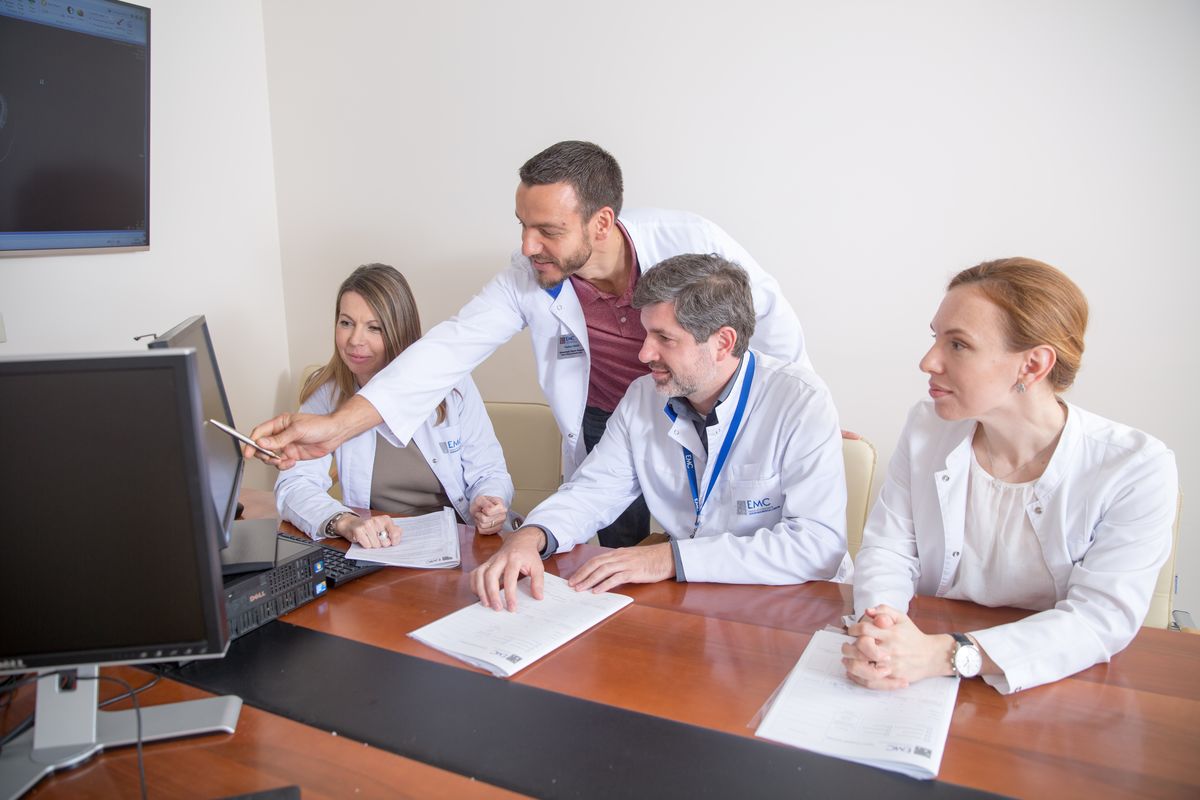 At the Stroke Treatment Center
At the Stroke Treatment Center 
